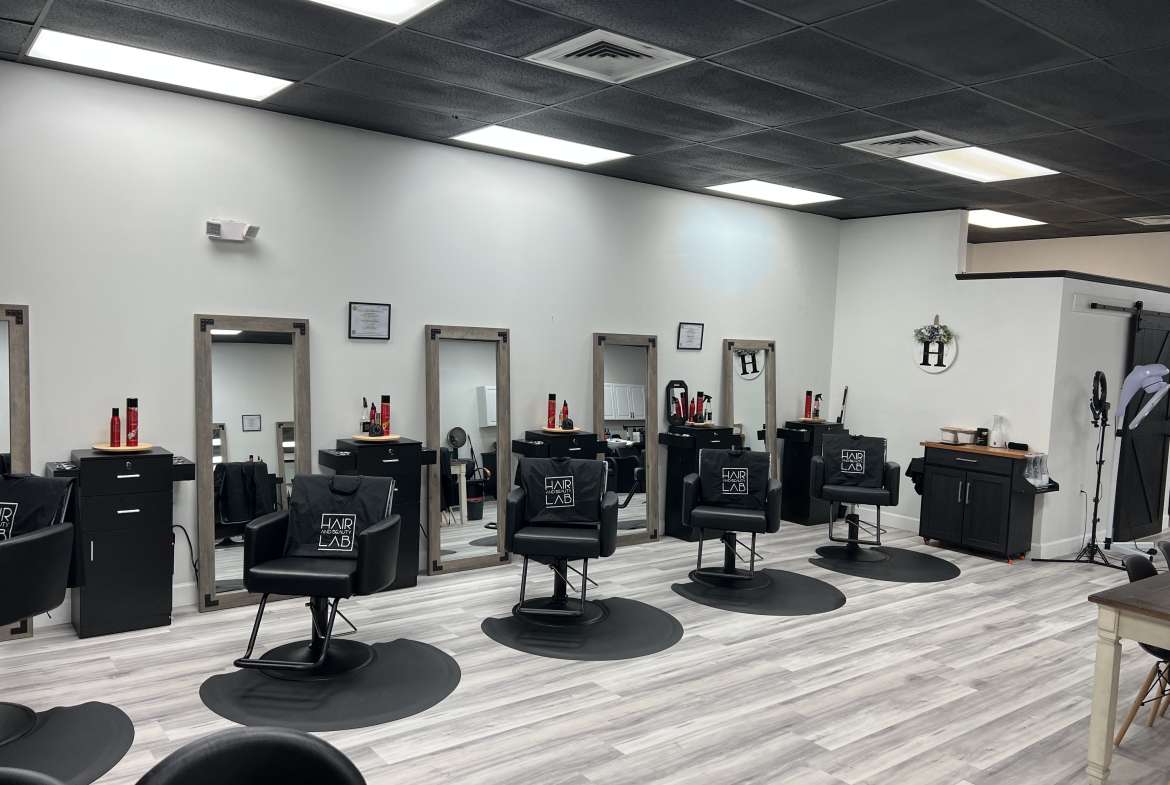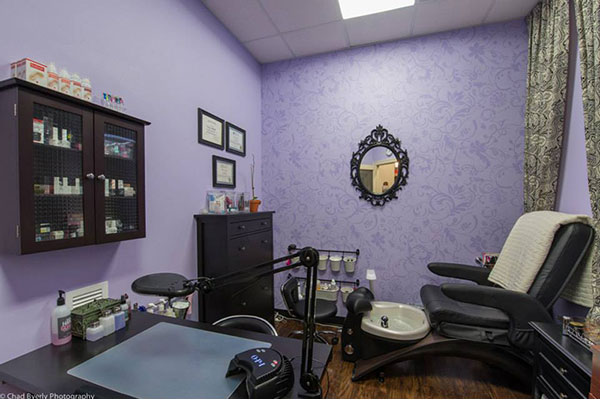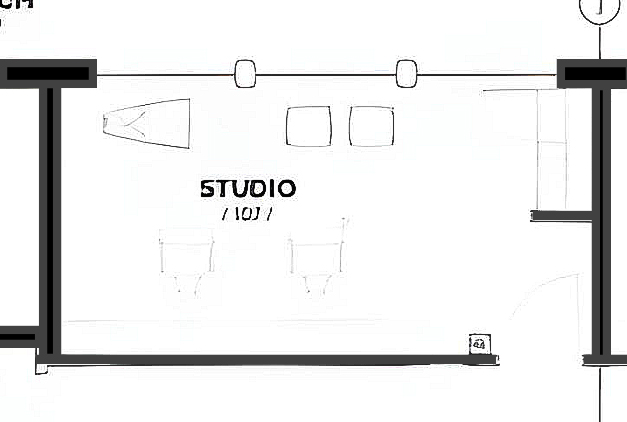Strategic Choices: Weighing the Benefit of Renting Versus Having a Salon Area to Optimize Long-Term Success and Financial Feasibility
When it concerns developing a salon service, one of the important decisions that owners have to thoroughly take into consideration is whether to rent or have the area in which they run. The option in between renting and having a salon space can have a considerable effect on the long-term success and monetary health and wellness of business. Elements such as functional adaptability, financial effects, and investment prospective play a critical role in this calculated decision-making procedure. By exploring the advantages and disadvantages of each alternative, salon owners can make informed options that line up with their service objectives and desires.

Benefits And Drawbacks of Renting Out
When thinking about the decision in between leasing a beauty salon space or possessing one, it is important to evaluate the benefits and drawbacks of renting out to make an educated selection. One main advantage of renting out a beauty salon room is the versatility it offers. Renting out allows hair salon owners to examine different areas or upscale their business without the commitment of a lasting home mortgage. Additionally, renting out usually entails fewer ahead of time costs, making it an extra accessible alternative for new beauty parlor owners or those with budget plan constraints.

Financial Elements to Take Into Consideration

Thinking about the economic implications of leasing a hair salon space versus owning one is vital for making an educated business decision. When assessing the monetary aspects, it is critical to assess the first costs connected with each option. Renting a beauty parlor area commonly calls for a security deposit and monthly rent payments, whereas owning includes a down repayment, home loan repayments, residential property tax obligations, and upkeep costs.
Furthermore, the lasting monetary implications vary between renting and having. On the other hand, possessing a salon room supplies prospective equity growth and the chance to build properties.
Furthermore, take into consideration the effect on capital and profitability. Leasing might provide reduced upfront prices, enabling you to designate more resources to advertising and marketing and company development. In contrast, having requires a substantial initial financial investment yet may cause set you back savings in the lengthy run. Evaluating these monetary variables comprehensively will assist you make a critical choice that optimizes your hair salon's long-term success and monetary stability.
Operational Flexibility and Control
Ideal operational efficiency plays a crucial function in determining the equilibrium between flexibility and control when determining between renting and having a beauty salon room. Leasing a salon room provides inherent flexibility as it permits for simpler changes to altering market problems, client choices, or company demands.
On the other hand, possessing a beauty salon room offers a better feeling of control over the residential or commercial property and its operations. Proprietors have the freedom to customize the area to their taste, execute long-term approaches without the risk of lease discontinuations, and possibly build equity gradually. However, ownership additionally comes with obligations such as property maintenance, insurance policy, and residential or commercial property tax obligations, which can influence the overall economic dedication.
Eventually, the choice between leasing and having ought to consider the preferred degree of functional adaptability and control that aligns with the beauty salon's long-lasting objectives and vision.
Financial Investment Possible in Possession
Provided the operational factors to consider talked about previously, exploring the financial investment potential in beauty parlor ownership drops light on the economic implications and long-lasting advantages that come with owning a beauty salon space. By spending in a salon room, owners have the prospective to profit from home appreciation, which can serve as a useful property in the long run.
Additionally, go to my blog possession permits higher control over the space, making it possible for owners to personalize and customize the salon to their particular brand name and vision without the restraints often imposed by property managers. This degree of control can enhance the overall i thought about this client experience and brand name identification, possibly leading to enhanced client retention and service development.
In regards to financial investment possibility, owning a salon space can additionally open possibilities for added earnings streams, such as leasing out extra room to various other elegance specialists or including retail sales within the hair salon. Hair salon. These diversified income sources can add to the overall financial wellness and sustainability of the business
Long-Term Security and Development
With a focus on sustainability and expansion over time, establishing lasting security and promoting growth are pivotal facets of beauty salon ownership. To guarantee long-term security, hair salon proprietors should thoroughly consider factors such as area, market patterns, and financial preparation. Selecting between renting and possessing a beauty parlor area plays a significant duty in figuring out business's development capacity.
Leasing a beauty salon room gives flexibility and lower preliminary prices, permitting owners to allocate resources towards improving solutions and advertising and marketing initiatives. By owning the space, beauty parlor proprietors have even more control over tailoring the property to suit their brand and can benefit from long-term asset growth.
Eventually, the decision between leasing and having a beauty salon area should align with the owner's long-term company goals and financial objectives. Whether focusing on adaptability or equity structure, a critical strategy to building possession can dramatically influence the beauty parlor's security and growth trajectory.
Final Thought
In final thought, the decision between leasing and having a beauty salon space calls for a careful evaluation of monetary variables, operational versatility, financial investment potential, and lasting security. Both options include their very own set of benefits and downsides, and it is vital for beauty salon owners to important link consider these factors to enhance long-term success and economic feasibility. Salon suites. Inevitably, the option in between leasing and owning need to be based on a thorough evaluation of individual organization goals and conditions